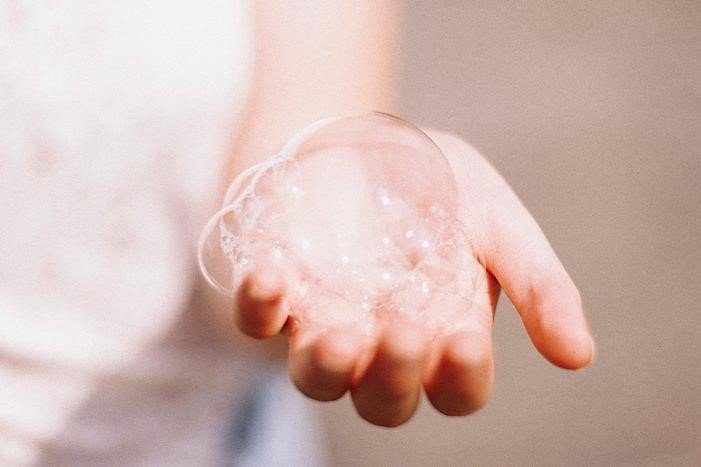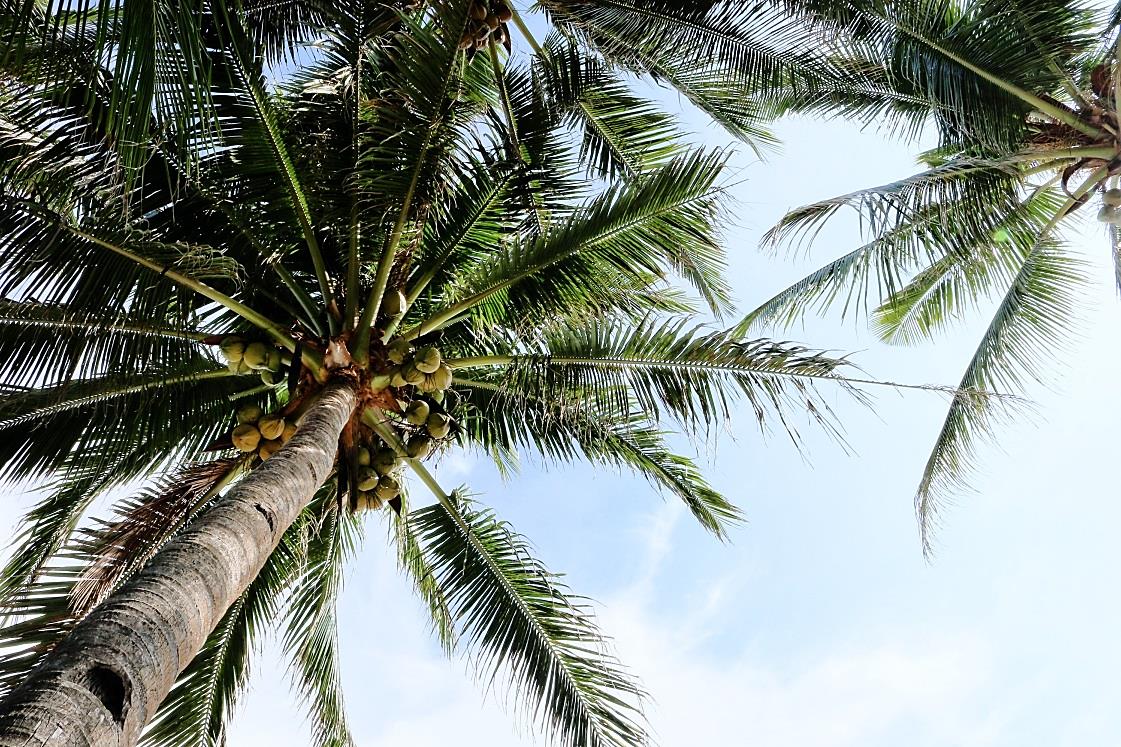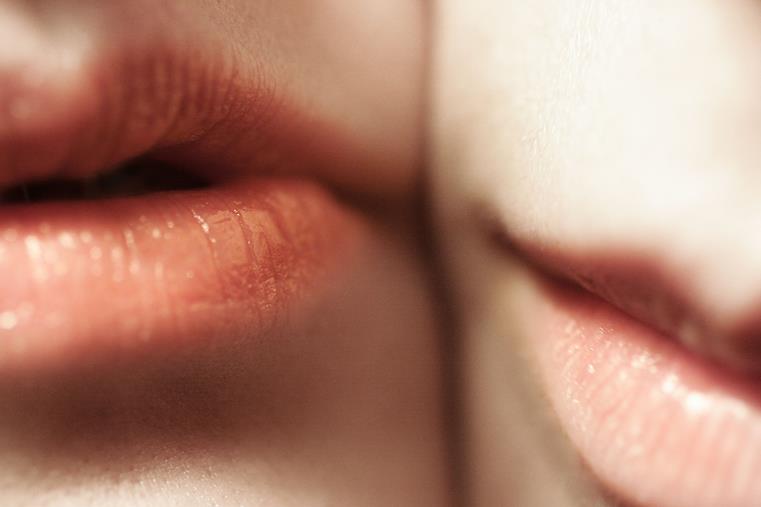
by Fern Shaw | Mar 25, 2020 | Water, water cooler
As we are all no doubt aware, washing our hands repeatedly and thoroughly is of paramount importance in ensuring one’s safety and health. If you are still unaware of this vital act of self-care and care of others, there is a definitive video on the NHS website.
There are also a number of video clips across social media, some accompanied by songs or suggestions for songs to sing while you spend at least 20 seconds washing your hands properly. This can only help create interest especially if you need to illustrate to children how to wash their hands regularly. For the adults, we quite like these suggestions by tweeter Jen Monnier.
Of course, with all this hand washing, we still need to ensure that we protect our skin too, so we’ve compiled a list of suggestions on how to protect your hands before and after washing:
- Try to avoid rubbing your hands dry. Rather pat them dry. The best option is air dry; however, this may take some time especially in cold weather.
- According to the CDC, washing your hands in cold water is as effective as in hot water, so to further lessen harming your skin as well as reducing skin irritation, wash your hands in cold water.
- If possible, rather use a hand cream instead of a body lotion.
- Remember to sanitise the container of whichever cream or lotion you’re using before opening it to apply cream or lotion. To simplify this procedure, try to make sure that you have a lotion that only you use.
- It’s also worthwhile to keep in mind that moisturising our skin begins internally (read more about that here) so while you take care to moisturise your hands post washing it’s just as important to make sure that you maintain good drinking water habits. Drinking water remains one of the best methods of keeping yourself healthy and better able to stave off possible infection.

by Fern Shaw | Nov 20, 2019 | water boiler, water cooler
You may have read a recent blog around how becoming dehydrated when it’s colder is more common than we think.
In order to prevent winter dehydration, our first suggestion was to install a hot and cold water cooler or water boiler from AquAid.
Here we follow up with a few helpful tips to make sure you are hydration happy during the colder months:
Kickstart your day with warm lemon water. The benefits are enormous, boosting both your hydration and health levels. If lemon makes you sour, jeuj up your warm water with ginger and a dollop of honey.
Increase your hot drink intake. You don’t need to be bound to drinking only water (although it is a great base) when it’s chilly. There are loads of warm or hot drinks that will not only keep you warm but that also count towards your being hydrated. Think veggie soup etc.
Take the chill off. When it’s cold, our bodies do what they can to preserve our core heat. This includes withdrawing blood from our extremities. With less blood circulating, our kidneys expel more water, which again, can lead to dehydration. To avoid excessive urination, keep active instead of becoming sedentary. The less active you are, the easier it is to become cold.
Watch your breath! When the temperature lowers, you lose more fluid as you breathe. Those puffs of breath are water vapour you’re exhaling. Water being expelled with each exhalation. If you breath is constantly fogging up your glasses or your surrounds, it’s highly likely you need to quench your thirst, post haste, before you become dehydrated. So use your breath as a reminder that you need to keep up your water intake.
However you choose to keep warm these colder months, remember to keep up with drinking water: hydration is equally as important irrespective of the temperatures outside.

by Fern Shaw | Feb 7, 2019 | Water Coolers
Unless a coconut cracked you on the head while you were walking underneath a coconut tree and this caused memory loss for a period, I’m quite positive that you’re aware of how most of the world has become all things coconut. There are more coconut derivatives than one can, well…. hurl a coconut at … think coconut meat, oil and water as just a few examples of this rather glorious tropical fruit.
While we batten down the hatches this rather snowy winter we look to water rich food or beverages that are good for us and is a worthy addition to our regular habit of drinking water.
The emphasis on ‘regular’ is important as studies show that when it’s colder we are less inclined to display signs of thirst despite the fact that dehydration can be just as prevalent in winter as it is in summer.
We took to Google to establish the nutritional properties of coconut water and were quite surprised at the results:
The nutritional breakdown for one cup of unsweetened coconut water is:
- Kilojoules: 184
- Fat: 0 g
- Protein: 0.5 g
- Carbohydrate: 10.4 g
- Sugar: 9.6 g
Some points in coconut water’s favour: It has some important nutrients like potassium (404 mg per cup, almost as much as what you’ll find in a banana), vitamin C (24 mg, around 30 percent of your recommended daily value), and magnesium (15 mg, roughly 5 percent of your daily recommended intake).
The downside: that sugar content. Even though this is unsweetened water, and these are natural sugars, 9.6 grams is over a third of the recommended daily maximum amount of sugar.
Whilst coconut meat also provides a wide range of nutrients, it has a calorie count of 354 per 100g and sugar 6g.
Conclusion: While there are definite nutritional and dietary advantages to eating coconut (put that Bounty Bar down!) and quaffing coconut water, drinking water is still the simplest and most direct route to maintaining good hydration. Speak to us at AquAid – we’ll be happy to help facilitate this through the provision of a wide range of high quality water coolers and dispensers. Sadly, we don’t currently offer coconut tree shaped water coolers – we’ll need to leave achieving that tropical island feel up to you.

by Fern Shaw | Nov 2, 2018 | Water, water cooler
Our skin is one of our most precious organs and no wonder: it’s responsible for so many functions that literally keep us intact and functioning. It’s also susceptible to so many factors, both internal and external, which are potentially harmful.
Not only does our skin work as a barrier, protecting against water loss as well as physical and chemical injury, it also regulates our temperature by dilating and constricting our blood vessels near the skin surface, controlling the transfer of heat out of the body. It protects us from UV radiation by producing melanin; produces Vitamin D, which helps prevent many diseases including osteoporosis, cancer, heart disease, obesity and neurological diseases.
It makes good sense then, that we should protect our body’s largest organ (around 20 square feet) and treat it with the utmost care and respect.
This doesn’t always happen, sadly, and we can tend towards abusing it (albeit inadvertently).
The good news, though, is that one of the simplest methods of protecting our skin, increasing its resilience and keeping it healthy, plump and full of elasticity throughout our lives, is by drinking water (there’s no catch here, honestly).
Our skin consists of approximately 64% water, it therefore makes sense that water is essential to maintain the optimum skin moisture and deliver essential nutrients to the skin cells. Water replenishes the skin tissue and increases its elasticity.
Drinking enough water can also help combat dry and flaky skin and skin disorders like psoriasis and eczema. It also increases the metabolic rate and improves digestive system to flush out toxins from the body. This in turn gives you a healthy and glowing skin.
Whereas we all know that immersing ourselves in water, whether we’re bathing, showering or swimming, makes us feel wonderful, we need also water internally to promote good skin health.
That’s why it’s important to make sure that you head to the happy skin station that is your water cooler, wherever that may be – it could be at home, at the office or in your fitness centre – and start treating the water cooler like it’s your new best friend, which it could be, especially when you start seeing the results that come with drinking water regularly.

by Fern Shaw | Apr 25, 2017 | aquaid bristol
I’ve always had an affinity for Bristol – not sure if it’s because it’s a coastal port and I have seafaring in my blood (my Grandad served in the Royal Navy in WWII on the HMS Dorsetshire, which was built in the Portsmouth docks), or because there’s something about cities and towns on water that hold an universal appeal, but however you think, Bristol is the place to be.
Bristol has an illustrious history and is chock full of great artists, inventions and ideas. Think Banksy; Wallace & Gromit, and the fact that Ribena was invented at the University of Bristol. Yes, using water from AquAid is perfectly acceptable when diluting your Ribena.
The city has an independent mayor and their own currency, the Bristol Pound.
The HMV dog, Nipper lived in Bristol and it was a voyage from Bristol, led by John Cabot (born Giovanni Caboto) the led to the discovery of North America.
Bristol featured as a finalist in the European Green Capital list in 2010, 2011 and 2014 and won the title in 2015 and outperforms other cities in terms of economy and quality of life – according to a survey by MoneySuperMarket, it was the wealthiest, happiest city in Britain a ways back.
Bristol hosts wonderful events annually such as the Harbour Festival and the Bristol International Balloon Fiesta not to mention lauded events such as the Love Saves the Day; the Bristol Shakespeare Festival and one of the UK’s largest urban walking festivals, the Bristol Walk Fest.
Many decades ago, Bristol city centre would have looked like a forest of masts. Although trading may now have ceased, water still plays an integral role in city life, with ferries, bars on boats and bridges that swing to let tall ships through.
No-one is suggesting that you drink the water from the Bristol Channel (or any of the seawater for that matter), but if you live or work in Bristol and are in need of drinking water, speak to one of the friendly team at AquAid Bristol – they’ll be happy to assist with all your drinking water and water cooler needs.





